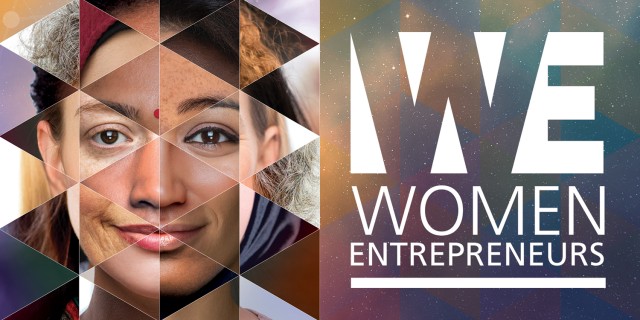BILL DONAHUE, Billboard; Cher’s Royalties Lawsuit Against Sonny Bono’s Widow Can Move Forward, Judge Says
"Sonny and Cher started performing together in 1964 and married in 1967, rising to fame with major hits like “I Got You Babe,” “The Beat Goes On” and “Baby Don’t Go.” But the pair split up in 1974, finalizing their divorce with a settlement agreement in 1978. Under that deal, Sonny retained ownership of their music rights, but Cher was granted a half-share of all royalties.
Bono died in 1998 as the result of a skiing accident, leaving Mary in control of those copyrights. And in 2016, she invoked the termination right — a provision of the federal Copyright Act that allows creators or their heirs to win back control of rights they signed away decades prior. Mary sent such notices to Sonny and Cher’s publishers, taking back full control of those copyrights.
Five years later, Cher filed her lawsuit — seeking a ruling that the divorce agreement was still in effect and that she was still owed her 50% cut of royalties, regardless of who owns the copyrights now. Mary then fired back a few months later, arguing that the case should be dismissed. Her lawyers said that termination rights were designed to trump all preexisting agreements, including a divorce agreement.
“Cher’s position would subvert Congress’ intent in enacting the copyright termination provisions: to ensure that authors and authors’ heirs, not grantees or ex-spouses, would benefit from the extended term of copyright,” Bono’s attorneys wrote in December 2021."
